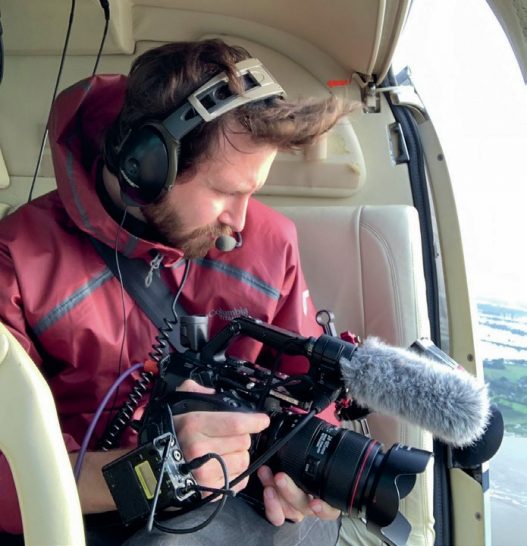
One of the great things about economics is its variety. There are many ways of approaching the subject and a wide range of jobs open to economists. Here I focus on how the skills required by academic economists overlap with but also differ from those required by ‘professional practitioner’ economists.
Practising the skills needed by practitioner economists will make your studies more enjoyable and also increase your chances of getting a job as an economist. ‘Professional practitioner’ simply means working as an economist outside of academia, for example in business, government, policy think-tanks, media or politics. It also includes academics who are actively involved in policymaking or as commentators. There is no clear distinction, but that is part of the story. Practitioners often have to make do with imprecision, as the real world is imprecise and they are very much engaged in the real world.
Your organisation does not have access to this article.
Sign up today to give your students the edge they need to achieve their best grades with subject expertise
Subscribe




